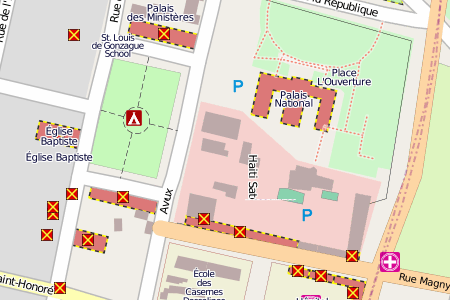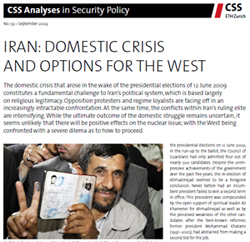![500px-Libyan_Uprising-2011-08-03 Libyan Uprising, by Libyan_Uprising.svg: Rafy, en:User:Interchange88 derivative work: War.dog (Libyan_Uprising.svg) [CC0 (creativecommons.org/publicdomain/zero/1.0/deed.en)], via Wikimedia Commons](http://isnblog.ethz.ch/wp-content/uploads/2011/03/500px-Libyan_Uprising-2011-08-03.png)
Here is a selection of fascinating links we’ve come across:
- The Global Peace Index has put together a great list of authoritative media sources and social media channels – I won’t repeat them all here.
- ReliefWeb collects situation reports, maps and news from the humanitarian perspective.
- The University of Colorado Library has the best background links collection on Libya I’ve come across so far.
- For research and policy papers on Lybia, don’t forget to check out the ISN’s full-text Digital Library.
- Always a great source of analysis, this is the Council on Foreign Relations‘ coverage of Libya.
- Your classic country profiles: Libya’s entry in the CIA World Factbook and the BBC Country Profiles
- In case you’re interested in economic issues, the World Bank also has a profile on Libya, including statistics.
- And for comprehensive data on the security aspects, browse the Facts on International Relations and Security Trends (FIRST) database.
We’ve missed your favourite source of information? Leave us a comment!




